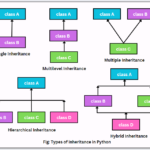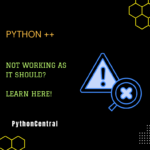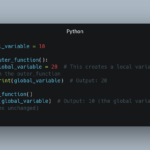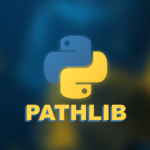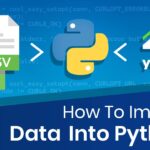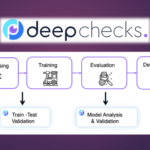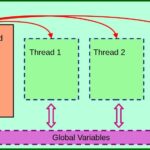Python’s eval() function is one of the language’s most powerful yet controversial features. This built-in function allows developers to execute arbitrary Python expressions from strings at runtime, opening up possibilities for dynamic code execution while simultaneously introducing significant security considerations. This comprehensive guide explores the capabilities, practical applications, limitations, and security best practices when working […]
Articles Tagged: Python
Python Inheritance: Building Object Hierarchies
In the world of object-oriented programming, inheritance stands as a fundamental pillar that enables code reuse, promotes logical organization, and supports elegant software design. Python, with its clean syntax and flexible approach to OOP, offers a particularly accessible yet powerful implementation of inheritance. This article explores the concept of inheritance in Python, covering basic principles, […]
Python ++: Understanding this Increment Operator
If you have ever used languages like C, C++, or Java, you might have seen the classic increment operators: “++” and “–“. They are the common operators for quickly increasing or decreasing values by one. However, if you do the same in Python, like using “i++” in a Python program, you will see an error. […]
Python “and”: How It Works and When to Use the Operator
Python’s logical operators are fundamental building blocks for creating conditional expressions and controlling program flow. Among these operators, the “and” operator plays a crucial role in combining conditions and evaluating Boolean logic. How the “and” Operator Works In Python, the “and” operator takes two expressions and returns True only if both expressions evaluate to True. […]
Python Global Variables
Global variables are a powerful yet often misunderstood feature in Python programming. While they can provide convenience in certain scenarios, they also come with potential pitfalls that can complicate code maintainability and readability. This comprehensive guide will explore everything you need to know about global variables in Python, from basic concepts to advanced usage and […]
Python Pathlib: File System Operations in Python
In the Python ecosystem, handling file paths has traditionally been a fragmented experience. Developers often found themselves juggling multiple modules like os.path, glob, and various file I/O functions. The introduction of the pathlib module in Python 3.4 (and its inclusion in the standard library with Python 3.5) marked a significant shift toward a more cohesive, […]
Understanding Python Import
Python import is a fundamental feature that enables code organization, reuse, and modular programming. Yet, despite its importance, many developers encounter confusion when dealing with imports, especially in complex project structures. This article explores Python’s import mechanism in depth, covering everything from basic syntax to advanced techniques and common pitfalls. The Basics of Python Imports […]
Deepchecks: Testing Machine Learning Models
In the evolving landscape of machine learning, ensuring model quality and reliability has become as crucial as model development itself. Deepchecks emerges as a powerful open-source Python library designed specifically to address this need, offering comprehensive validation and testing for machine learning models. This article explores how Deepchecks works, its key features, and how data […]
spaCy: Using Natural Language Processing in Python
Introduction to spaCy spaCy is a cutting-edge open-source library for advanced natural language processing (NLP) in Python. Designed for production-level applications, it offers developers and data scientists a powerful toolkit for processing and analyzing human language with remarkable efficiency and accuracy. Since its initial release, spaCy has become a go-to solution for professionals seeking robust […]
Python Threading for Concurrent Programming
Threading allows multiple threads of execution to run concurrently within a single program, enabling more efficient use of system resources and improved performance for I/O-bound and certain computational tasks. Basic Threading Concepts Thread Creation import threading import time # Basic thread definition def worker_function(name): “”” Simple thread function demonstrating basic execution Args: name (str): Identifier […]


